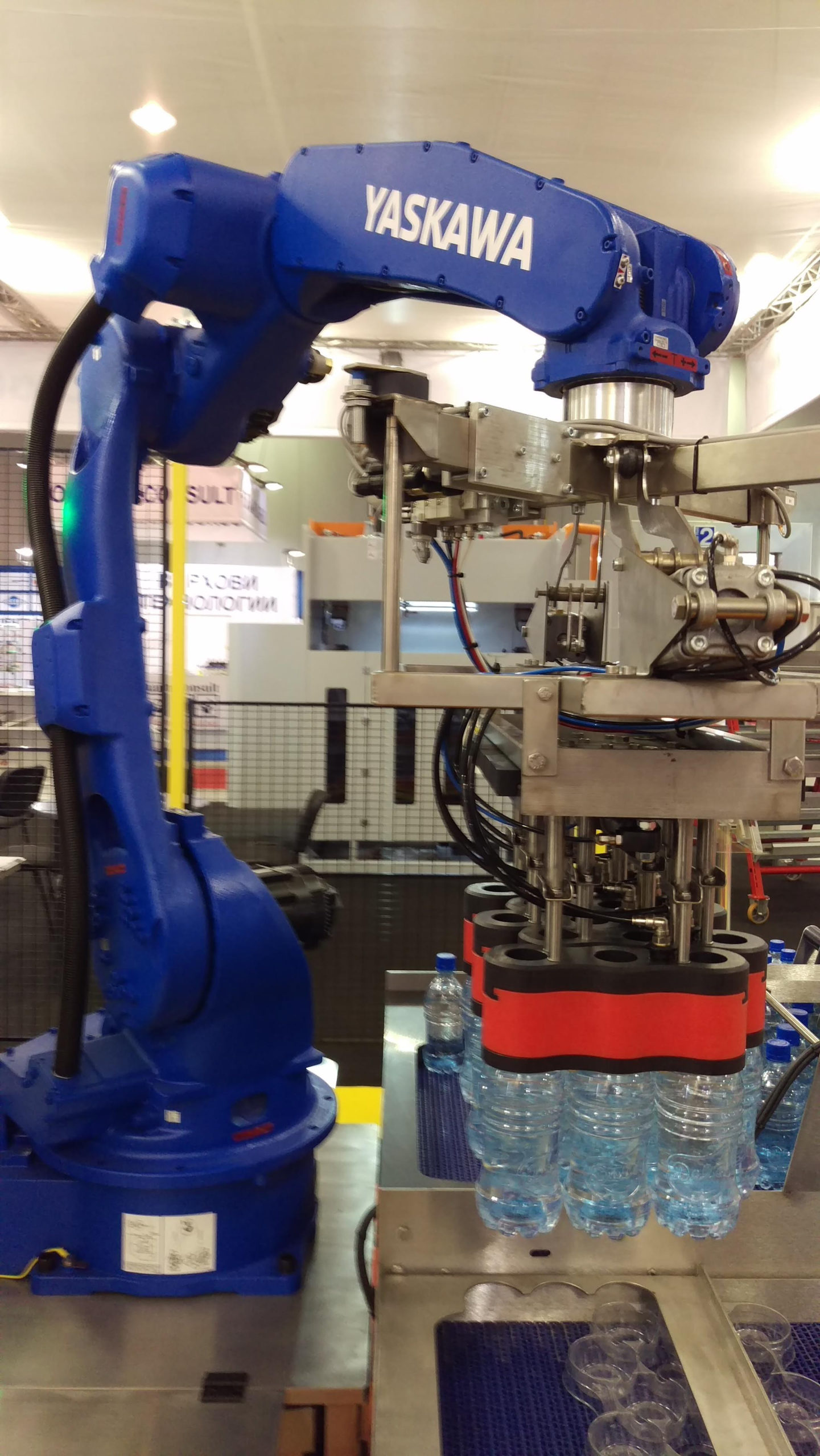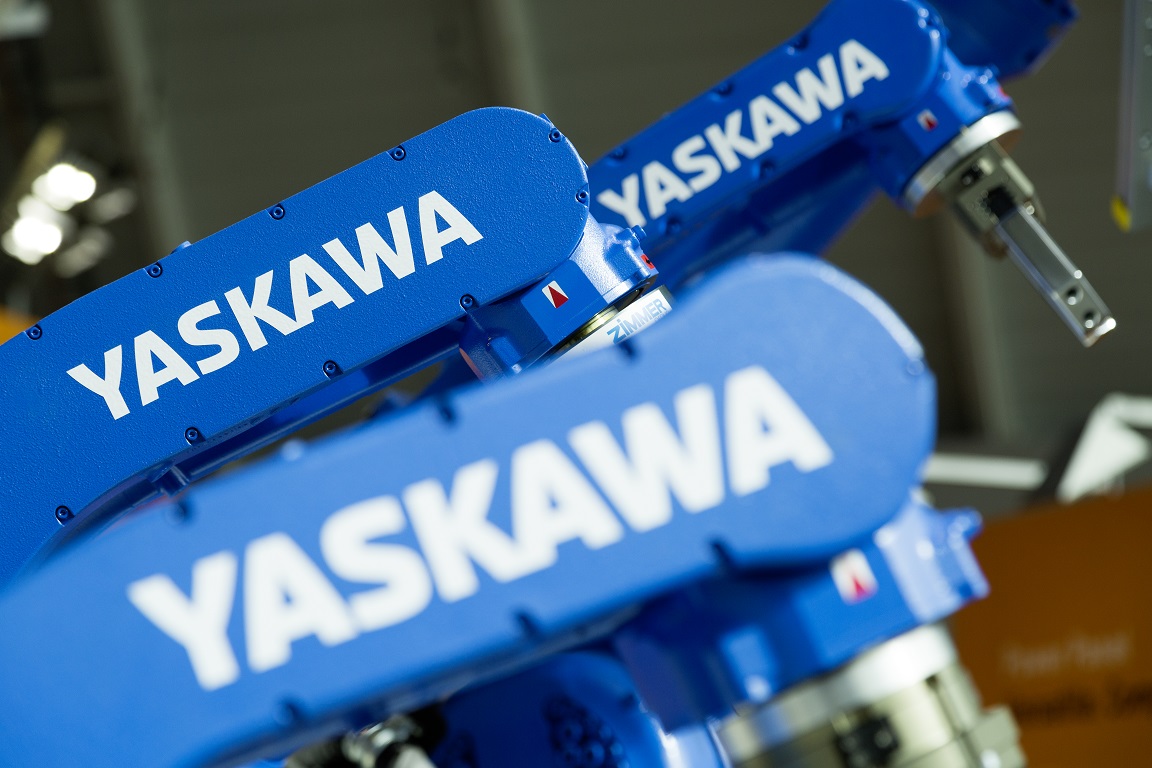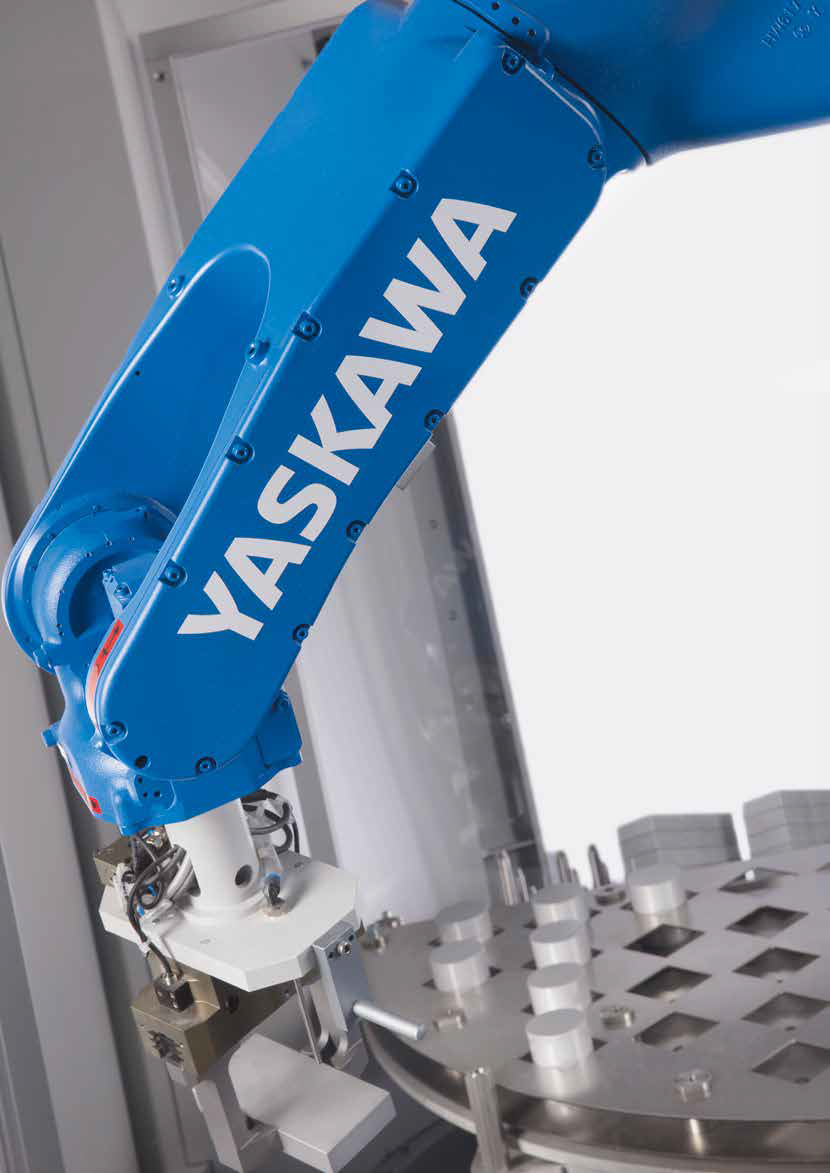In years gone by, manufacturing processes consisted of a line of workers being solely responsible for all the material-handling functions. Whether it was assembly, picking or packaging, it was largely a manual, laborious process. The detrimental effects to the workers’ health have been well documented in the history books, as many employees were subjected to conditions that sometimes resulted in serious illness, injury, and even death.

As automation became widely accepted and implemented throughout various industries, robotics took it one step further with robots designed for specific applications, such as handling, packaging and palletising. Suddenly, these new pick and place robots allowed for more speed and consistency in throughput, while being customisable to meet production requirements. Naturally, those were words that were music to every business owner’s ears.
While the usual suspects, such as the automotive and pharmaceutical industries, are already deeply invested in the use of industrial robots, the South African food manufacturing sector has also embraced this technology in recent times.
“Speaking specifically about the KwaZulu-Natal region, we’ve seen an increase in the implementation of pick and place robots in food manufacturing, especially in the big bakeries,” says Yaskawa Southern Africa’s Durban Branch Manager, Rudi von Fintel. “The bakeries produce over 8,000 loaves of bread an hour, 24 hours a day, so speed and consistency are absolutely vital to their operations. In terms of application, the robots are responsible for taking the bread out of hot ovens and placing them onto the conveyor belts.”
Considering the sheer amount of loaves in production, as well as how hot the loaves are, it is a task that would be difficult to do without the assistance of robots. In fact, it’s almost physically impossible. Undoubtedly, this reveals one of the biggest benefits of pick and place robots as they do the work that would prove too much for human workers.
In the first industrial revolution, workers’ health and safety were at risk when they lifted heavy items and handled hazardous material and liquids. Fortunately, the advancements made in technology ensure safer working environments where the robots are responsible for these demanding and repetitive tasks. Whether it be handling litres of burning-hot cooking oil or moving around thousands of glass milk bottles.
“Palletising in the beverages industry is another area where we’ve seen a massive uptake,” von Fintel explains. “Due to the different sizes of bottles, cans or cartons, it is important to have robots that are easily adaptable to the products coming down the line. And since the volumes are so high, the robots are instrumental at the end of the production line.”
Another notable example in the beverage industry is Bavaria Brewery, which now manages to palletise 100,000 beer cans per hour after the business decided to revolutionise its picking, packing and palletising processes. More impressively, it boasts a high process reliability with maximum fail-safety. It is results like these that you simply cannot ignore, especially if you’re looking for more efficiencies in your processes.
While many businesses might be concerned about robots taking up additional floor space or being too bulky to operate, the opposite is true. In fact, pick and place robots are capable of operating in the tightest spaces with minimal hassle. The end-of-arm tooling is simple enough to swap out, while fewer components means easier access for maintenance. Furthermore, since robots support a wide variety of communication protocols as well as digital signals, they are easily integrated into existing automation or production lines.
As we move into a world where production needs to happen without “human touch” or intervention, pick and place robots could be the solution to many industry concerns. At the same time, they could also prove to be the productivity boost that every business so desperately needs.
About Yaskawa Southern Africa
Founded in 1915 by Keiichiro Yasukawa, Yaskawa is one of the largest manufacturers of industrial robots, with over 400,000 robots installed worldwide. Since 1991, Yaskawa Southern Africa has installed in excess of 2,500 Yaskawa Motoman robots in the automotive, manufacturing and packaging industries in South Africa. As an industry leader, Yaskawa offers turnkey system solutions to a multitude of industries and 24/7 countrywide robotic support.



